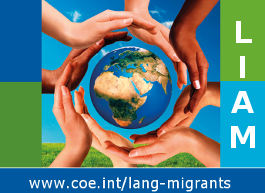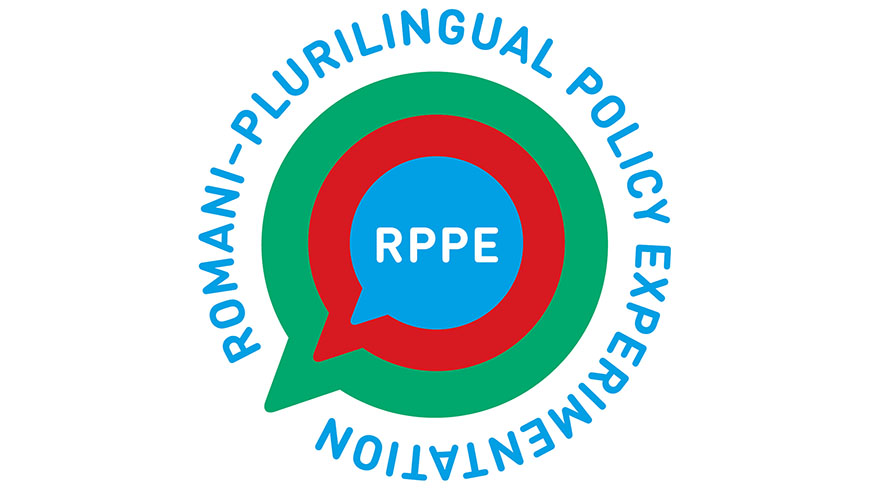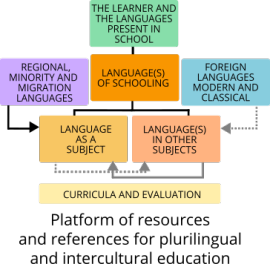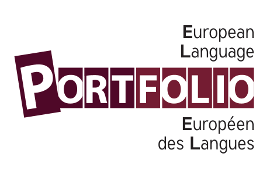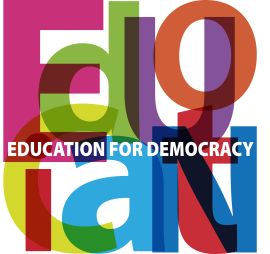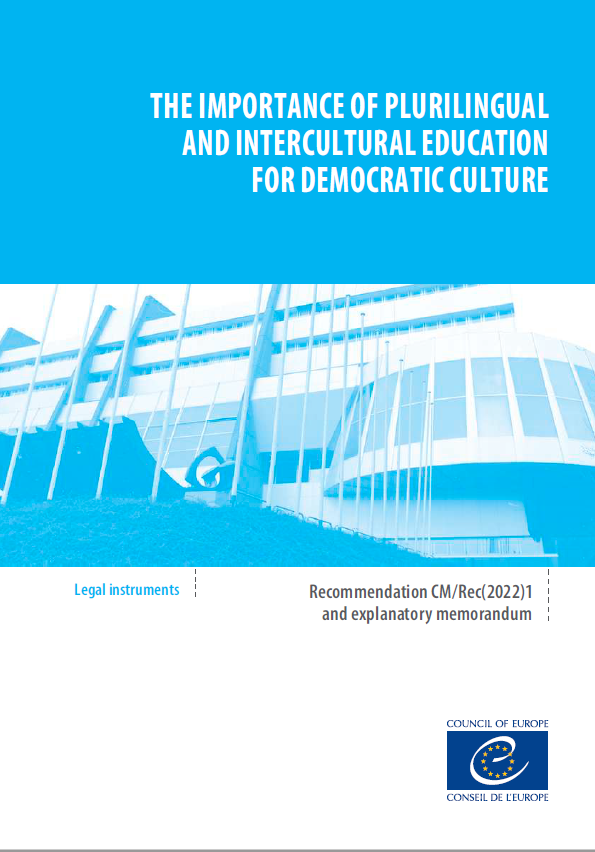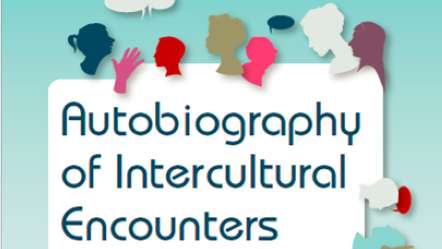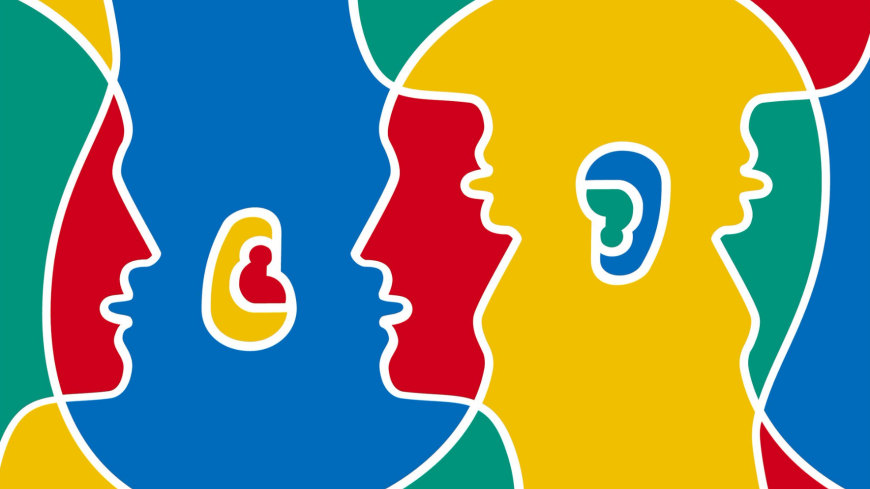Council of Europe Language Policy Portal

Since the early 1960s, the Council has played a key role in bringing about positive change in the field of language education across Europe and beyond, broadening the early aims from a focus on modern foreign languages to the more holistic concept of plurilingual and intercultural education.
Plurilingual and intercultural education values all the languages and cultures that learners bring with them (including sign, minority and migrant languages and cultures), recognises the importance of the languages of schooling for educational success and considers language support for migrants as key to their integration and full participation in democratic societies. The need to provide further support for the implementation of plurilingual and intercultural education to ensure it fulfils its role in supporting the Council’s three pillars of human rights, democracy and the rule of law, was recently reaffirmed in Recommendation (CM/Rec(2022)1) on the Importance of Plurilingual and Intercultural Education for Democratic Culture.
Central to this concept is the notion of communicative purpose and of the individual learner as a social agent with rights and responsibilities as demonstrated in one of the Council’s major achievements – the Common European Framework of Reference for Languages (CEFR) and more recently, the CEFR Companion Volume.
Over 70 years of successful cooperation with member states, individual experts and INGOs have resulted in a vast array of resources ranging from policy guides to hands-on classroom materials developed in response to evolving needs.
If you would like to know more about key milestones in the history of language policy at the Council of Europe and explore the rich resources, please use the tabs at the top of this page. The icons below will take you to ongoing developments.
The Language Policy Programme is related to the work of the Education Department which is part of the Directorate for Democracy within the Directorate General of Democracy and Human Dignity ("DGII") of the Council of Europe.



